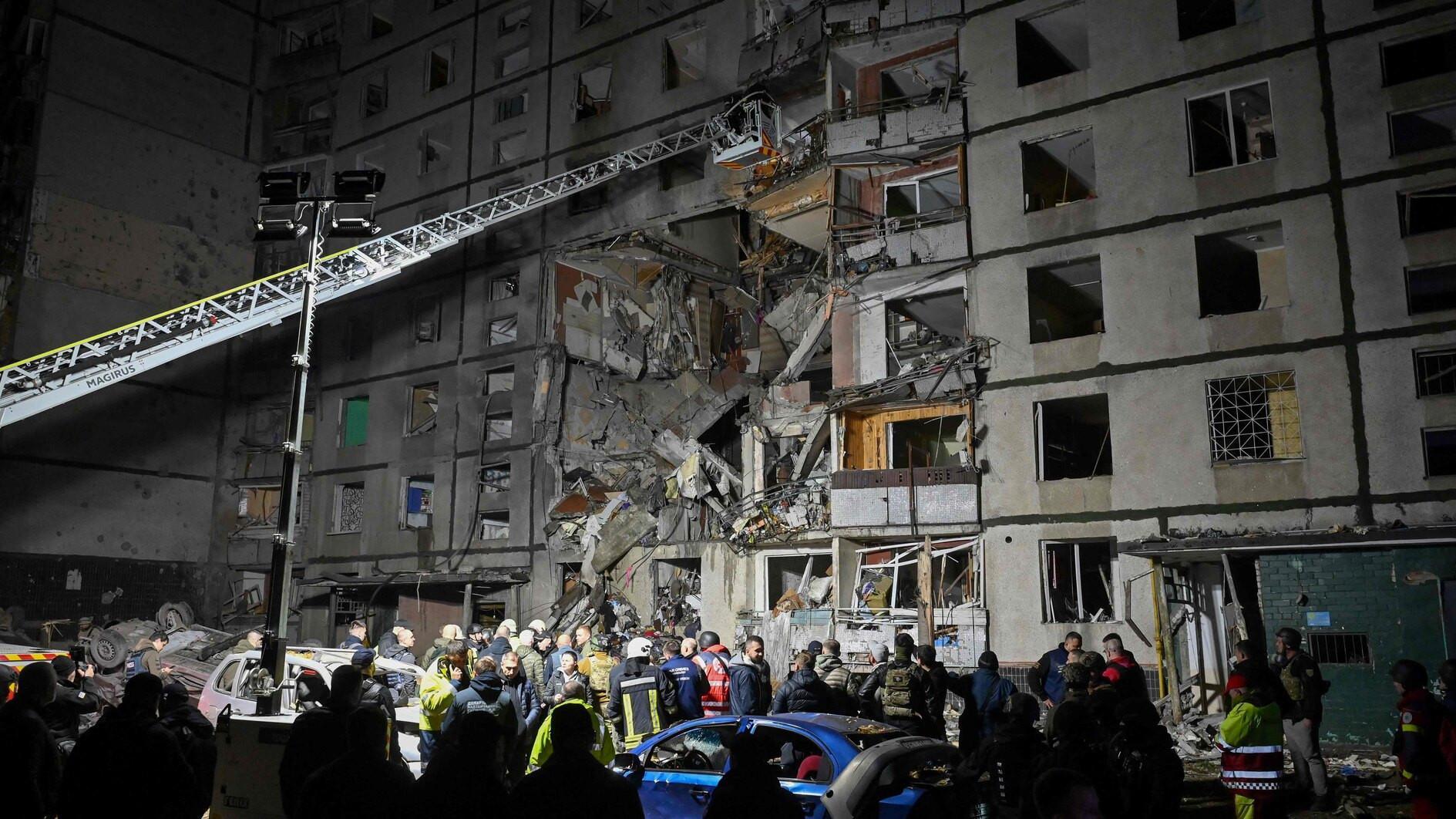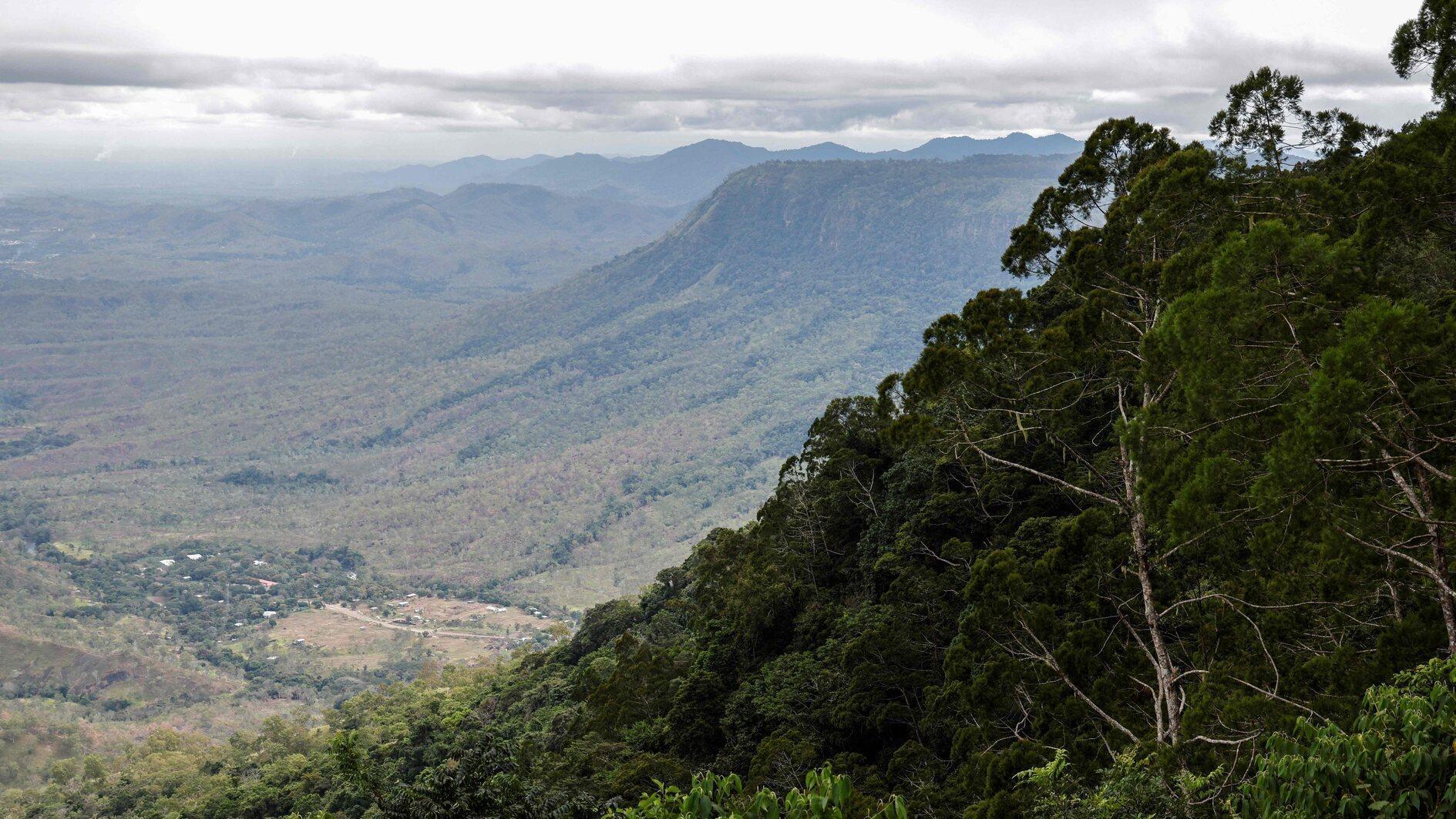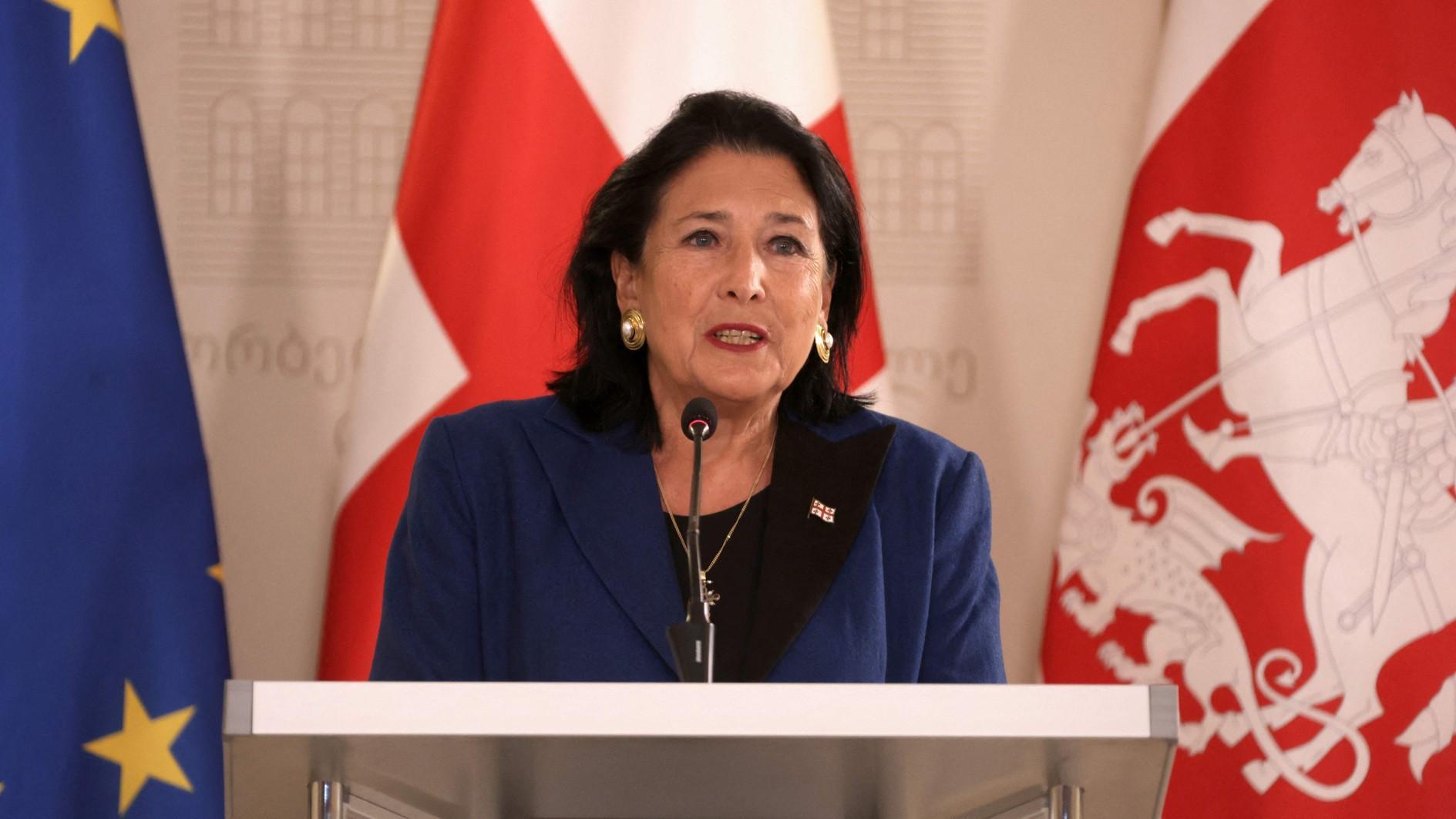Back to insanity
“When two madmen see eye to eye, each one hides his stick from the other,” (Old Turkish Proverb).
Turkey and Russia are on a collision course in terms of high rhetoric and nationalistic pride. Ironically, the two nations are more sober and understanding toward each other than their leaders. Look at the stories filed from Antalya, the heart of Russian tourists, or Laleli, the hub of the suitcase trade to Russia. They all show realism in terms of how interdependent these two countries are.
Vladimir Putin’s annual address to Russian parliamentarians raised the bar in terms of the response to the downing of the Russian jet and the killing of one of the pilots. Turkey would have cause to regret its actions “more than once,” Putin said, promising Russia’s retaliatory actions would be neither hysterical nor dangerous. But his following remarks were even harsher.
“It appears that Allah decided to punish the ruling clique of Turkey by depriving them of wisdom and judgment,” he said. Repeating a call for a new broad international coalition against terrorism, Putin, in an overt reference to Turkey, called on countries to avoid “double standards, contacts with any terrorist organizations, and any attempts to use them for their own ends.”
President Recep Tayyip Erdoğan did not miss a beat in responding to Putin’s remarks by naming the Syrian-Russian citizen George Haswani as the main oil trader of Islamic State of Iraq and the Levant (ISIL). So it is back to name calling in the neighborhood. Dr. Bülent Ali Rıza, the Turkey project director of CSIS and TEPAV in Washington D.C., was on a Thanksgiving vacation in Ankara during the crisis. On the phone he pointed to the similarities between the two cultures.
“Both sides get trapped in conspiracy theories easily,” Ali Rıza said. “Sadly there seems no easy way out of this crisis.”
Intelligence sources stress a bigger picture. With the inclusion of Germany and France in the coalition in İncirlik and the intense military buildup in the eastern Mediterranean, Turkey’s southeast has become open for social unrest and international intervention. Russia and the United States have agreed on changing the outlawed Kurdistan Workers’ Party’s (PKK) presence in the area for Turkey’s good. Now with the Russian crisis slowly simmering beneath the surface, Kurdish peace is more fragile then ever.
İncirlik will eventually become a base for NATO forces. “If you are looking for similarities,” my source told me, “look no further than Pakistan and Afghanistan. In the end, both countries became a battleground.”
Very rarely does the public see Russian generals line up and show videos of oil trucks crossing Syria’s border with Turkey. And unlike Prime Minister Ahmet Davutoğlu’s remarks, these are completely anti-Soviet types of propaganda. Maybe that is why Russia’s allegations are top stories everywhere on earth BUT TURKEY.
Turkey is entering a financial rollercoaster year in 2016. That is why officials are putting a price tag on every negotiation they are carrying out these days. Border security is one, the return of refugees is another. If things turn into horse-trading as in the Iraqi war negotiations, Turkey may end up paying for more than it bargained for this time.
It’s time to hide the stick and return to sanity.











